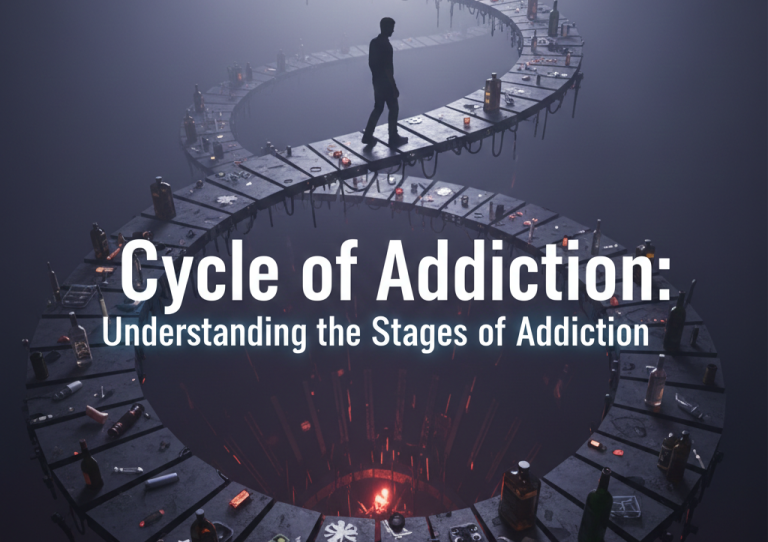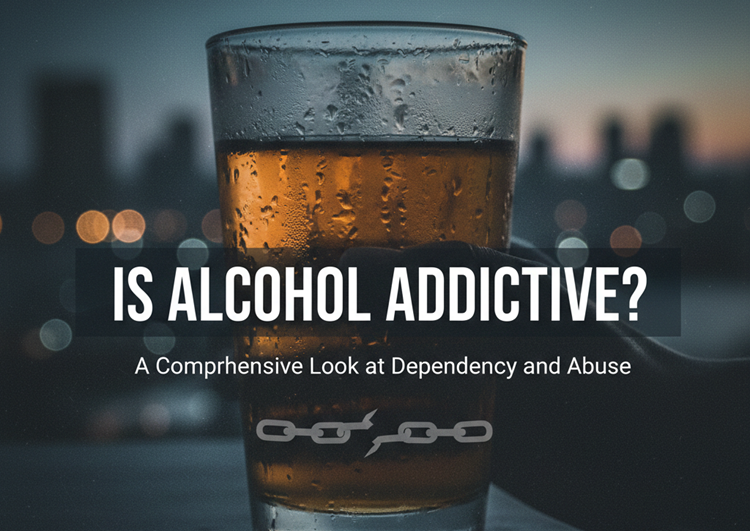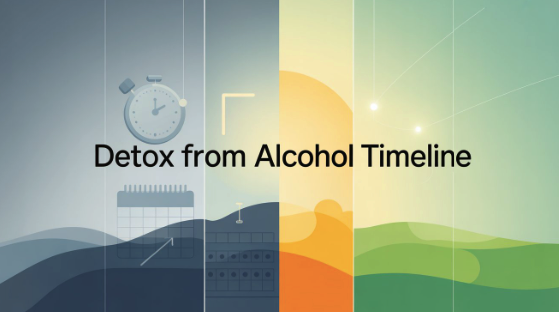Self-harm is a very self-centered and misunderstood activity. Be it cutting or burning or any other self-harmful activity, individuals who perform self-harm tend to be battling some emotional distress rather than aiming to attract attention. When someone close to you is self-harming, this can be tricky to know how to say or do something. You can be desperate, fearful, or you do not know how to act without aggravating the situation.
This guide will assist you in looking into the situation with the help of sympathy, knowledge and implementable measures. We will discuss the motivation behind self-harm, how you can talk to the person affected and the treatment available, which, as a part of the self-harm treatment, is compassionate care of self-harm at Orlando Treatment Solutions.
Possible Reasons for Self-Harming Behaviors
Self-injury is not normally regarding suicide but a psychological method of coping in an unfit way. It is usually a symptom of excessive emotional anguish and you should know the causes to help you be more tactful to your loved one.
Common reasons include:
- Emotional regulation: A person can self-harm to get rid of repressed emotions such as anger, sadness, or frustration.
- Feeling numb: Other people resort to self-harm because they want to experience anything when they otherwise cannot connect to their feelings.
- Punishment: It is possible to punish oneself through injury, as a result of guilt or shame.
- Trauma or abuse: Trauma ,especially past trauma, has a serious potential to increase the risk.
- Mental conditions: Mental conditions and disorders that are often associated with self-harming include depression, borderline personality disorder, PTSD, and anxiety.
Knowing these motivations is the main idea to demonstrate compassion instead of a judgmental approach and advise a person about effective treatment of self-harming.
What to Say to Someone Who Self-Harms
Self-harm is a sensitive topic to share and it requires boldness and prudence. It can really matter what you do or say to make them feel or feel not supported. These are some positive statements to say:
1. Start with empathy
How sorry I am you are suffering. I am very glad that you confided in me.”
Be grateful about their vulnerability. They just need somebody to listen so do not attempt to fix them.
2. Validate their feelings
Understandably, you feel overwhelmed.
Let them understand that they are not wrong in their feeling although whatever they do worries you.
3. Express care and support
There is no one alone. I love you and I want to be of assistance in any way.”
Please without criticizing, insist on being there in their life.
4. Avoid criticism or guilt
Don not use statements such as: Why are you doing so? or You are just after attention. These compounds of shame and can push them further to isolation.
5. Encourage seeking help
Have you ever discussed this with somebody like a counselor or therapist?
Be able to suggest professional help without making him/her feel that he/she is something wrong or something that has been broken.
Words matter. Your compassion may be the beginning of someone being healed when he or she is suffering emotionally. Self-harm can be treated, and one can recover.
How to Help Someone Who is Cutting
When you suspect that someone you love is getting into cutting behavior, it is natural to panic, cry, or scold. Rather, adopt the following procedures in order to provide significant assistance:
1. Stay calm
Take your composure even when you may be frightened or angry. Emotional response also might lead to recessional feelings or shame.
2. Create a safe space for conversation
Talk in a good, secluded spot that is quiet. Put open-ended questions, and allow them to speak.
3. Learn about self-harm
The more you know the less you will be making unhelpful assumptions. The treatment of self-harming cutting is specific and must be conducted by people knowledgeable about its details.
4. Help them find alternatives
Promote positive coping behaviors like writing, activities, and exercise. You can even question what grounds them when they are facing tough times.
5. Set boundaries and know your role
Things that you should not do include being a therapist. Ask them to assist them in being in touch with self-harm treatment providers, such as those found at Orlando Treatment Solutions.
6. Watch for signs of deeper distress
In case you suspect that someone is having suicidal thoughts, you may ask directly or contact mental health services. Their life can depend on your care.
Understanding the Treatment Options for Self-Harm
Treatment of self-harm does not only aim to deal with the behavior itself, but also with the underlying emotional causes. The following is a summary of what mental health professionals incorporate in the form of evidence-based practices:
1. Cognitive Behavioral Therapy (CBT)
CBT assists individuals in identifying negative thinking patterns and form healthier coping mechanisms in dealing with distress.
2. Dialectical Behavior Therapy (DBT)
Especially useful among self-harm sufferers, DBT is an intervention that educates self-awareness over emotions, mindfulness, and effective relationships.
3. Individual and Group Counseling
Individual and group therapy provide a secure platform of emotional expression and the chance to find an affiliation with individuals familiar with similar problems.
4. Medication
Medication can be included in the course of treatment in case there are underlying conditions which include depression or anxiety.
5. Holistic Approaches
Other emotional release mechanisms include the activities such as yoga, art therapy, and mindfulness meditation.
6. Self-Harm Scar Treatment
Besides emotional healing, some people seek physical care on scarring. Cosmetic treatments or dermatological remedies may alleviate the loss of confidence, although emotional help must be the number one priority.
Orlando Treatment Solutions has unique self-harm cutting treatment plans to manage all the psychological, behavioral, and physical requirements.
Contact Orlando Treatment Solutions for Compassionate Self-Harm Treatment
It is very painful as it is not only hurtful to the individuals that are going through it but also to the people that love them. It is normal to be scared that a loved one is self-harming, or when you are in that situation, and you do not feel like it is a problem. You are not the only one, and resources can help you.
Orlando Treatment Solutions has specialized in a caring and holistic approach of treating self-harming. You might be seeking self-harm cutting treatment, treatment of co-occurring mental health problems, or some help in healing those scars and wounds of self-harming; all these are found when you get to our team.

We develop an environment of no judgments and safety where people can freely discuss the causes of their pain and learn to adopt healthier coping strategies. Knowing that your chances of recovery depend on the support of our community, our evidence-based treatments, and licensed clinicians can help dramatically during your path to recovery.



























